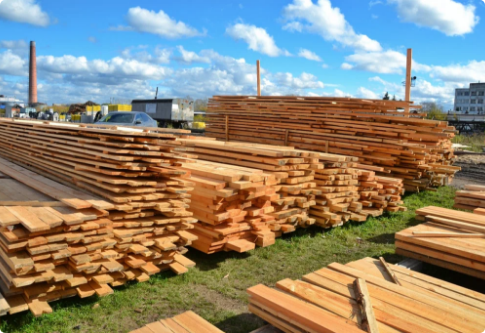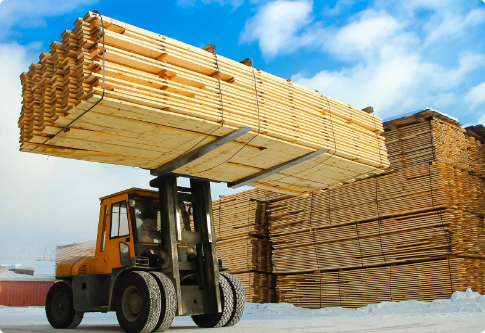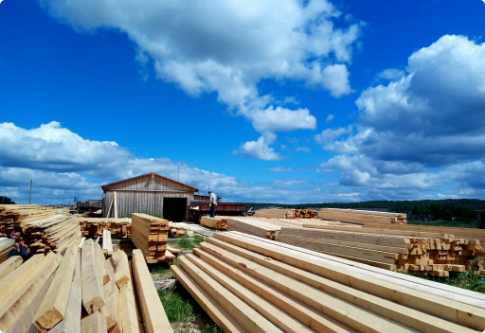Nobody wants to receive a notice of a non-compliance audit, but occasionally these situations happen. When they do, the way your team responds can make all the difference. Here are steps to guide your company through the process:
-
Stay Calm
Mistakes happen, even in the best-run organizations. At Lee Global, we understand that your team works hard to succeed. We’re here to help you address non-compliance quickly and effectively. Together, we’ll resolve the issue so it doesn’t become a recurring concern. -
Take Action
Gather your team to review what occurred and identify corrective steps. You know your business best, and often small issues can be solved internally before they escalate. Taking swift action helps prevent further complications. -
Be Part of the Solution
Lee Global takes a holistic approach to non-compliance. When needed, we collaborate with your team, our auditors, and our program managers to uncover the root cause and create lasting solutions. Because we believe teamwork truly makes the dream work.
Non-compliance doesn’t have to be a setback, it can be an opportunity to strengthen processes, improve communication, and build resilience. At Lee Global, we’re committed to guiding you through every step toward compliance and success.





